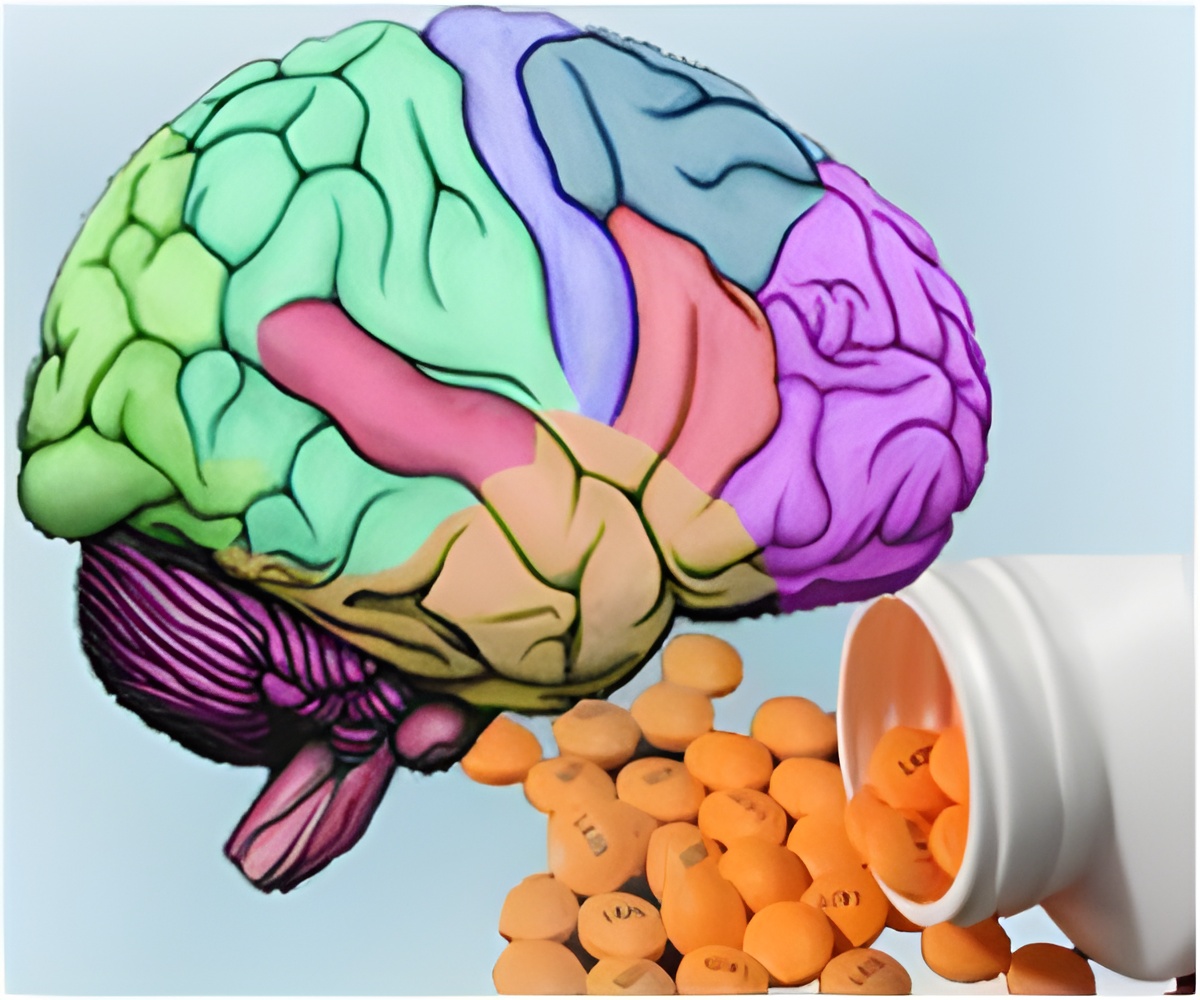Study has revealed that ANG4043, a peptide-monoclonal antibody (mAb) conjugate, entered the brain at therapeutic concentrations, resulting in significantly prolonged survival in mice.
Mice study by Angiochem has revealed that ANG4043, a
peptide-monoclonal antibody (mAb) conjugate, entered the brain at therapeutic
concentrations, resulting in significantly prolonged survival in mice. Angiochem
is a biotechnology company creating and developing drugs that cross the
blood-brain barrier (BBB).
mAb is directed against HER2, which is the protein targeted
by Herceptin. As mAb is conjugated to Angiopep-2, it is recognized by the LRP1
receptor and takes advantage of a receptor-mediated transcytosis mechanism to
cross the BBB. Angiochem researchers found that ANG4043 binds LRP1 receptors
while retaining the pharmacological properties of the native anti-HER2 mAb,
including high affinity HER2 binding and anti-proliferative activity in
HER2-expressing cells. ANG4043 achieves
therapeutic brain concentrations in healthy mice and in mice bearing HER2+ intracranial
tumors. Treatment with ANG4043 (15 mg/kg IV, twice-weekly) increased median
survival time by 78% (80 days compared to 45 days for control).
Jean Lachowicz, Ph.D., CSO at Angiochem, said, "While
our current data has focused on demonstrating the potential of Angiochem's
technology in oncology, its applicability extends beyond oncology to include
neurodegenerative diseases as well."
The clinical study titled ‘ANG4043, a Novel Brain-penetrant Peptide-mAb Conjugate, is Efficacious against HER2-positive Intracranial Tumors in Mice’ is published in Molecular Cancer Therapeutics.
Source-Medindia

 MEDINDIA
MEDINDIA




 Email
Email





